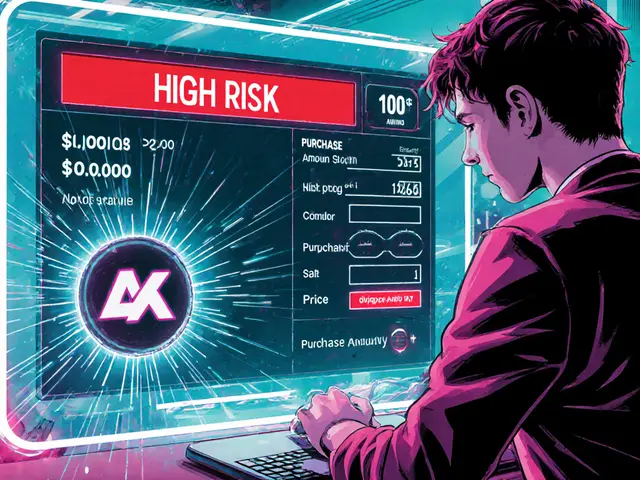Shwe Kokko Scams: How Fake Crypto Projects Trap Investors
When people hear about Shwe Kokko scams, a type of crypto fraud where fake projects lure investors with promises of high returns, then vanish with their money. These scams often appear as new tokens, fake exchanges, or even fake airdrops tied to real names like Shwe Kokko, a region in Myanmar known for online fraud operations. They’re not just random tricks—they’re organized, targeted, and designed to look real. The same teams behind these scams have been linked to rug pulls, a crypto scam where developers suddenly pull liquidity from a token, crashing its value and stealing all investor funds, and fake crypto exchanges, platforms that mimic real ones but don’t actually hold your assets or let you withdraw.
What makes Shwe Kokko scams dangerous is how they copy real projects. You’ll see fake websites with professional designs, Telegram groups full of bots pretending to be traders, and influencers paid to push them. They often use names that sound like legitimate tokens—like SHWE, KOKKO, or SHWEKOKKO—to trick people into searching for them. Once you send crypto to the contract address, your money is gone. No refunds. No support. No trace. These scams thrive on urgency: "Limited time! Only 100 spots left!"—but the truth is, there’s no project, no team, and no future. The only thing growing is the number of victims.
Many of the posts below expose similar patterns: fake exchanges like ParamountDax and Cougar Exchange, tokens with zero liquidity, and airdrops that ask for your private key. These aren’t isolated cases—they’re part of the same playbook. Whether it’s a new meme coin promising 1000x returns or a "regulated" ETF that doesn’t exist, the red flags are the same: no clear team, no audit, no real use case. If it sounds too good to be true, it is. And if it’s tied to Shwe Kokko, you’re already in danger. Below, you’ll find real breakdowns of scams that look just like these—so you know what to avoid before you lose your next investment.

Myanmar-based crypto scam networks stole nearly $10 billion from Americans in 2024, using romance scams and forced labor. U.S. sanctions targeted the operators, but the crisis continues as victims and workers remain trapped.
Continue Reading




